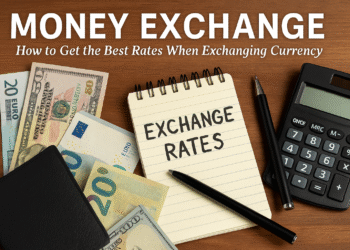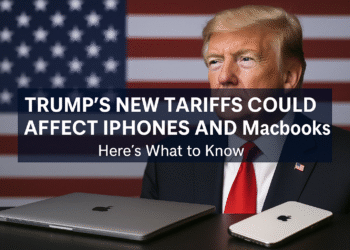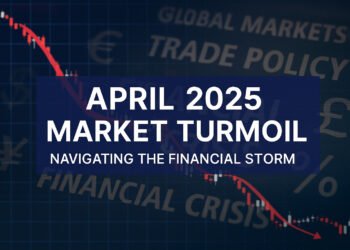With U.S. tariffs looming and leadership transitions underway, Canada faces pivotal decisions in its 2025 federal election.
Canada 2025 federal election is shaping up to be one of the most consequential political moments in the nation’s recent history. With new leadership at the helm, economic uncertainty driven by U.S. trade policy, and growing concerns over national identity, Canadians are heading to the polls with a lot at stake.
A Nation at a Turning Point
The abrupt resignation of Prime Minister Justin Trudeau in January led to the swift appointment of Mark Carney as the leader of the Liberal Party. A former governor of both the Bank of Canada and the Bank of England, Carney brings significant economic credibility to the table. He now seeks to secure his first public mandate in the April 28 election.
U.S. Tariffs and Economic Strain
The Canadian economy is feeling the pressure from sweeping tariffs imposed by U.S. President Donald Trump. These tariffs, targeting key exports such as steel, aluminum, and automobiles, have led to inflation and job losses across several provinces. Canada has responded with its own retaliatory tariffs, but the economic fallout is a key issue influencing voter sentiment.
Election Dynamics and Key Players
The upcoming election has become a referendum on Canada’s economic and diplomatic future. Carney’s Liberals, initially lagging in the polls, are gaining ground by framing themselves as protectors of Canadian sovereignty. Conservative leader Pierre Poilievre is campaigning on economic reform and government accountability, while the NDP and Bloc Québécois focus on social and regional issues.
Foreign Interference Warnings
Canada’s intelligence community has flagged potential interference from foreign actors, including China and India, aimed at manipulating public opinion. The federal government is working to counter misinformation and ensure the integrity of the election process through enhanced cybersecurity measures and voter education campaigns.
National Identity and Cultural Resurgence
This election cycle has also ignited conversations around Canadian nationalism. Cultural icons like Captain Canuck have seen a resurgence as symbols of unity and resilience. The re-embrace of Canadian heritage reflects a broader public sentiment of standing strong in the face of global uncertainty.
Looking Ahead
As Canadians prepare to vote on April 28, 2025, the choices they make will define the country’s path on international diplomacy, economic recovery, and cultural preservation. With leadership, livelihoods, and legacy on the line, the Canada 2025 federal election represents more than a shift in government — it’s a defining moment for the nation’s future.
In addition to federal campaigns, provincial governments are weighing in on the economic strain and voter turnout efforts. Quebec and Alberta premiers have made strong statements urging Ottawa to defend Canadian interests more assertively on the global stage. Meanwhile, voter registration drives are being ramped up nationwide, especially among younger demographics who feel this election is vital to their future. Debates are planned across major networks, with foreign policy, energy independence, and indigenous reconciliation expected to dominate the discussions.
What’s Driving Voter Turnout in 2025?
One of the most closely watched factors in the Canada 2025 federal election is voter turnout. In the wake of the Trudeau resignation 2025, Canadians are feeling a renewed urgency to engage politically. Early polls indicate higher engagement among young and first-time voters, driven by concerns about housing affordability, healthcare access, and climate policy. These issues have become central to the campaign trail and reflect the broader list of federal election issues Canada is facing this year.
Efforts to increase Canadian voter turnout 2025 include targeted campaigns on social media, expanded access to early voting, and bilingual outreach across multicultural communities. The Elections Canada agency has also upgraded its digital tools to allow for easier registration and information access — a move applauded by advocacy groups seeking to make democracy more accessible and transparent.
Stay with WbTrends.com for ongoing coverage and updates on Canada’s political developments and global affairs.









